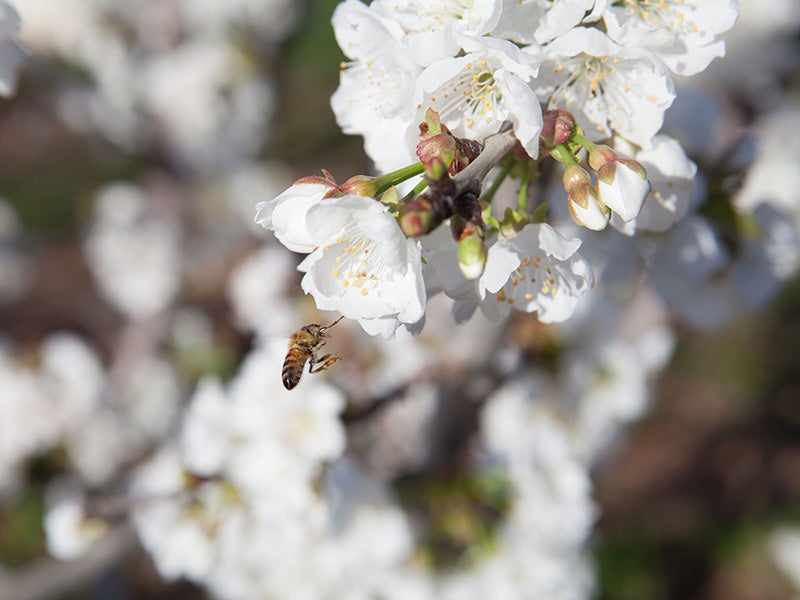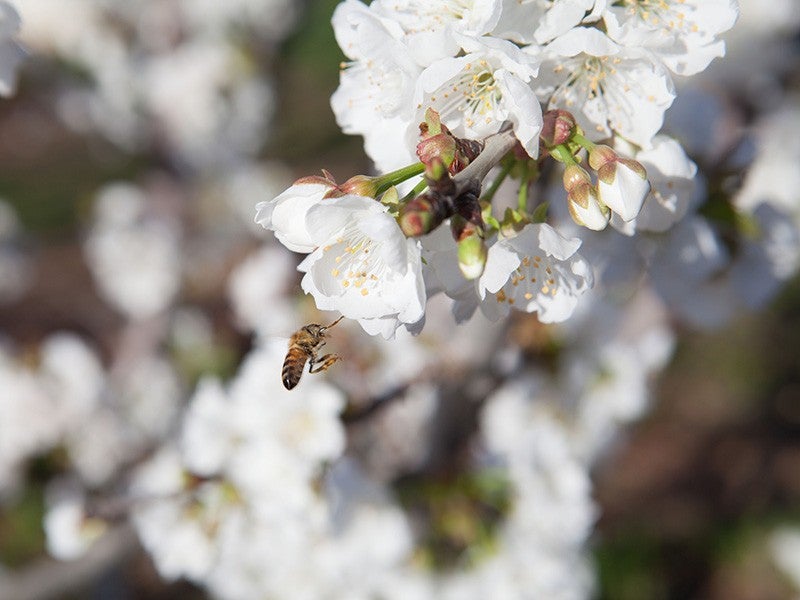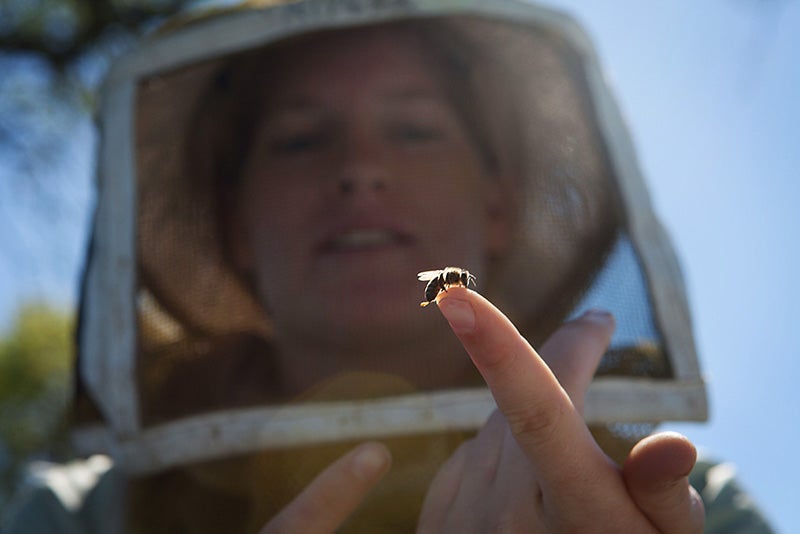Challenging California’s Approval of Bee-Killing Pesticides
A growing body of independent science links a class of pesticides called neonicotinoids to bee declines, both alone and in combination with other factors like disease and malnutrition. One in every three bites of food depends on bees for pollination.
Clients
Regional Office / Program
Case Overview
Environmental and food safety groups are challenging California’s illegal practice of approving new agricultural uses for neonicotinoid pesticides, despite mounting evidence that the pesticides are devastating honeybees.
Pesticide Action Network, Center for Food Safety, and Beyond Pesticides, represented by Earthjustice, filed the legal challenge in the California Superior Court for the County of Alameda, urging the California Department of Pesticide Regulation (DPR) to stop approving neonicotinoid pesticides pending its completion of a comprehensive scientific review of impacts to honeybees. DPR began its scientific review in early 2009 after it received evidence that neonicotinoids are killing bees, but five years later, DPR has yet to take meaningful action to protect bees.
Meanwhile, DPR has continued to allow increased use of neonicotinoids in California. This lawsuit challenges DPR’s June 13, 2014 decision to expand the use of two powerful neonicotinoid insecticides—sold under the trademarks Venom Insecticide and Dinotefuran 20SG—despite the agency’s still-pending review of impacts to pollinators. The case underscores these larger problems with the DPR’s unwillingness to comply with laws enacted to ensure that pesticides do not threaten human health, agriculture, or the environment.
A growing body of independent science links a class of pesticides called neonicotinoids (neonics) to bee declines, both alone and in combination with other factors like disease and malnutrition. Twenty-nine independent scientists conducted a global review of 800 independent studies and found overwhelming evidence of pesticides linked to bee declines. Oregon officials also determined the neonic dinotefuran was the cause of two massive bumblebee kills in the state last year. In February 2014, the groups submitted a letter calling on the California Department of Pesticide Regulation (DPR) not to allow greater use of this pesticide.
One in every three bites of food depends on bees for pollination, and the annual value of pollination services worldwide are estimated at over $125 billion. In the United States, pollination contributes $20–$30 billion in agricultural production annually. And in California alone, almonds crops—entirely dependent on bees for pollination—are valued at over $3 billion.
In December 2013, the European Union began a two-year moratorium on three of the most widely used neonicotinoids. Yet the U.S. EPA, working in coordination with Canadian and California officials, has refused to take any action until at least 2018.

Case Updates
Case page created on July 8, 2014.

